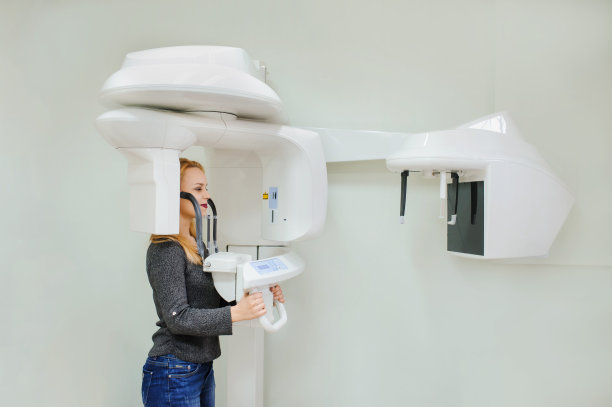Essential Precautions for Ensuring Safe and Effective Root Canal Treatment for Optimal Dental Health Outcomes
Summary: Root canal treatment is a vital procedure for maintaining dental health, preventing tooth loss, and alleviating pain caused by infections. However, to ensure that these treatments are performed safely and effectively, specific precautions must be taken. This article explores four essential aspects of root canal treatment: proper diagnosis and treatment planning, adequate sterilization and infection control, patient preparation and management, and post-treatment care and monitoring. Each area provides insights into practices that enhance treatment outcomes and promote optimal dental health.
1. Proper Diagnosis and Treatment Planning

A successful root canal treatment begins with an accurate diagnosis. Dentists must utilize diagnostic tools, including X-rays, to confirm the extent of decay or infection. This initial assessment helps in understanding the necessity and complexity of the procedure.
In addition to diagnostics, developing a comprehensive treatment plan is crucial. This plan should outline the specific steps involved in the procedure, including the timeline for each phase and any potential necessary follow-up treatments. By effectively communicating this plan to the patient, dentists can foster an environment of trust and transparency.
Lastly, considering the patient’s medical history is essential. Factors such as allergies, medications, and underlying health conditions can impact treatment protocols. Personalizing the approach based on these considerations contributes to safer and more effective root canal management.
2. Adequate Sterilization and Infection Control
Infection control is paramount in dentistry, especially in procedures like root canals that involve exposure to the tooth pulp. A stringent sterilization process for all instruments can significantly reduce the risk of post-treatment infections. This includes the use of autoclaves and other sterilization technologies.
Furthermore, the dental environment must be meticulously maintained. This involves keeping treatment areas clean and ensuring that the dental team adheres to strict hygiene protocols, such as wearing gloves and masks. Implementing these measures reinforces a safe setting for both patients and practitioners.
Lastly, the use of disinfectants during the procedure can enhance infection control. Chemical agents can be utilized to cleanse the root canal space, ensuring that bacteria are eliminated before the sealing of the canal. This step is crucial for preventing reinfection and promoting healing.
3. Patient Preparation and Management
Preparing the patient for a root canal procedure is an essential aspect that is often overlooked. Clear communication about what to expect during and after the procedure can significantly relieve anxiety. Patients should be informed about the administration of anesthesia and pain management strategies.
Providing detailed pre-operative instructions is also beneficial. Patients should know how to prepare for the procedure, including any dietary restrictions and medication adjustments. Ensuring that they follow these guidelines can lead to a smoother treatment journey.
Intra-operative patient management is vital as well. Maintaining comfort and monitoring the patients response to anesthesia allows the practitioner to adjust treatment in real-time, ensuring a more favorable experience. Post-operative care instructions should also be discussed before the procedure concludes.
4. Post-Treatment Care and Monitoring
Post-treatment care is crucial for achieving optimal dental health outcomes following a root canal. Patients must understand the importance of following aftercare instructions, such as avoiding hard foods and maintaining oral hygiene practices. These habits can help minimize complications like reinfection or discomfort.
Regular follow-up appointments are essential in assessing the healing process. These visits allow dentists to monitor any arising issues and ensure that the root canal was successful. Early detection of potential complications can often lead to quicker resolutions.
Lastly, patient education plays a significant role in long-term success. Providing patients with resources about symptoms to watch for and when to seek help can empower them to be proactive in their dental health. This proactive approach contributes to better overall outcomes.
Summary:
Ensuring safe and effective root canal treatment is multifaceted, involving meticulous attention to diagnosis, sterilization, patient management, and post-treatment care. By adhering to these essential precautions, dental professionals can significantly enhance treatment outcomes and promote optimal dental health. This holistic approach highlights the importance of comprehensive care in the realm of dentistry.
This article is compiled by Vickong Dental and the content is for reference only



